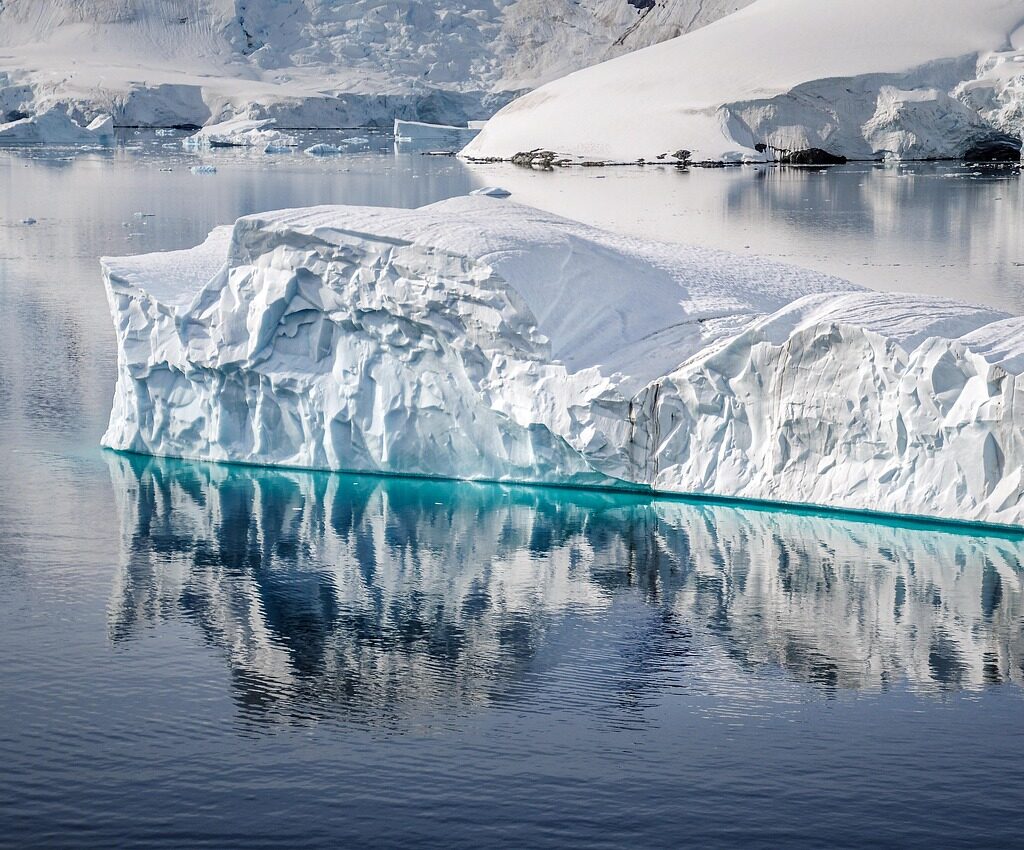The United Kingdom has raised alarms over what it fears may be a covertly strategic Russian oil find in Antarctica. According to testimony to the UK Environmental Audit Committee in 2024 and again in 2025, researchers aboard Russia’s Aleksandr Karpinskiy vessel are believed to have identified approximately 511 billion barrels of oil—nearly double Saudi Arabia’s known reserves and more than ten times the total extracted from the North Sea by the UK and Norway over the past half-century.
While Russia maintains the mission was legitimate scientific research carried out under the Antarctic Treaty, UK experts remain unconvinced. Professor Klaus Dodds of Royal Holloway noted that the seismic surveys reportedly used are commonly tied to petroleum exploration and could be interpreted as prospecting in violation of the treaty.
Legal and Geopolitical Impasse
The 1959 Antarctic Treaty, signed by 54 nations, prohibits commercial mineral resource extraction and designates the continent as a zone reserved for peaceful scientific activity. However, with overlapping claims in the Weddell Sea by the UK, Argentina, and Chile, enforcement is complicated. The United States and Russia do not recognise any national claims in Antarctica, further muddying the waters.
🚨The🇬🇧UK fears🇷🇺Russia discovered the largest #oil reserve in the world in #Antarctica and it is ready to use it for strategic purposes.
For more than a year now, London has been observing and tracking what Russian research vessels have been doing in the Weddell Sea…
🧵 https://t.co/thSFRxpV0F pic.twitter.com/YnkcGWjMqD— Francesco Sassi (@Frank_Stones) August 30, 2025
EU Perspective: Treaty Under Pressure
The European Union has echoed UK concerns, warning that Antarctica’s environmental sanctity and the credibility of international agreements are at risk. EU officials point to a wider pattern of strategic positioning, with Russia and other nations, including China, increasing their presence on the continent. China recently opened its fifth Antarctic research base, a move seen as part of a broader shift toward resource-driven competition.
Chile’s Firm Stance
Chile, another claimant in the disputed area, has openly criticised Russia’s activities. President Gabriel Boric reiterated that Chile views Antarctica strictly as a domain for science and peace and vowed to work with other treaty members to uphold the ban on oil and mineral extraction.
Russia’s Official Response
Moscow insists that its operations fully comply with international law. Russian officials and the state-owned Rosgeologia have stated that the vessel’s mission was purely scientific, with no intention to exploit resources. Nonetheless, reports that President Vladimir Putin has approved plans to develop the site have fuelled fears that the Antarctic Treaty system could be undermined.
Why It Matters
The stakes are high. Drilling in Antarctica could cause lasting harm to one of the world’s most fragile ecosystems, while any breach of the Antarctic Treaty risks undermining a key pillar of international cooperation. If the reported reserves were ever exploited, the potential windfall could radically transform global energy markets and shift geopolitical power balances.

